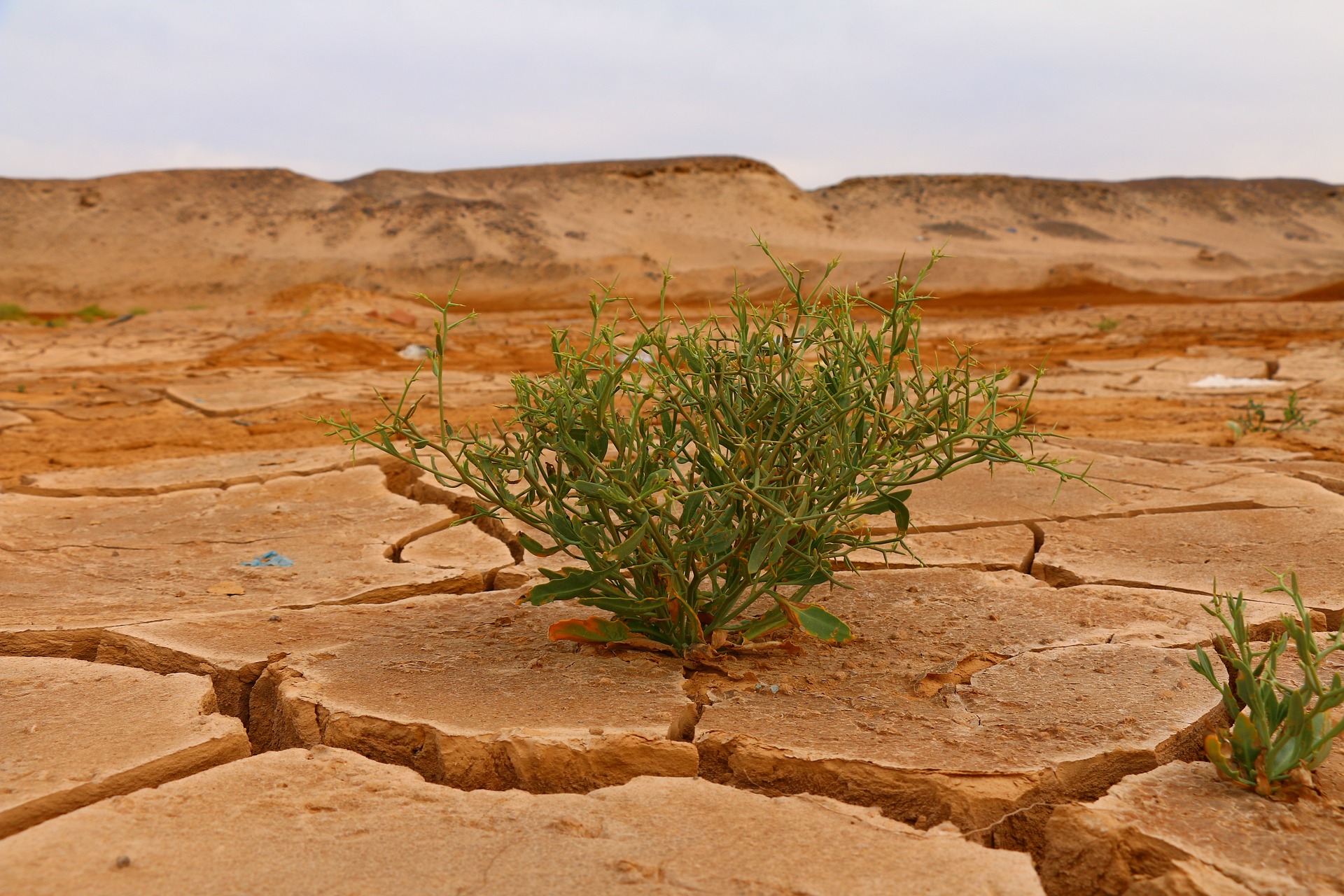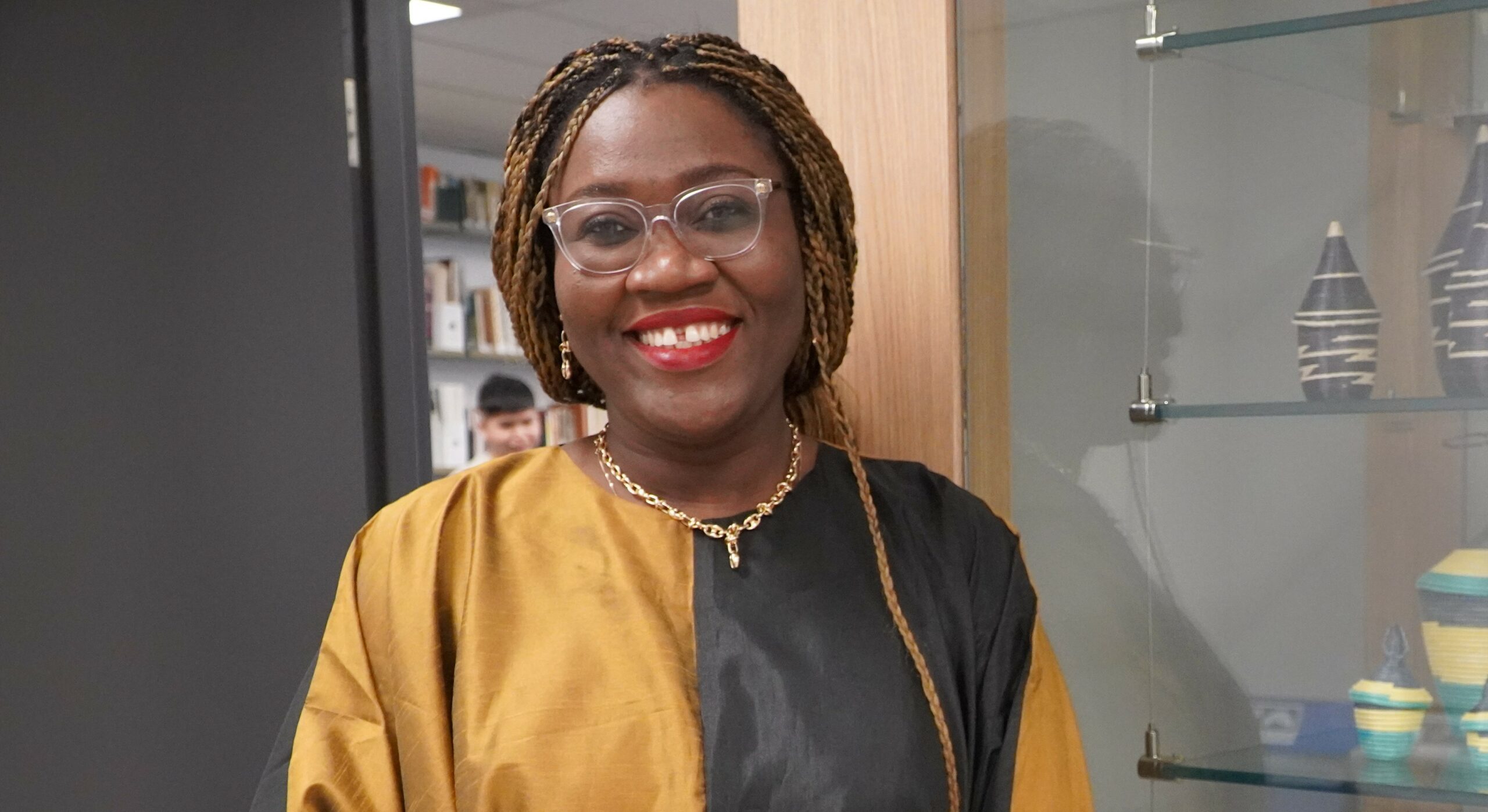
Walking the path with Harriet Tubman at York University
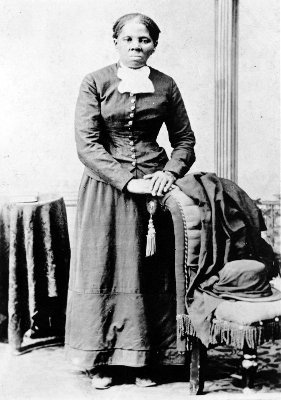
Harriet Tubman was an abolitionist, a freedom fighter, a spy, nurse and conductor on the Underground Railroad and although there is a lot written about her movements in the United States, tracing her path in Canada has proven trickier. Painstaking, detailed work on a virtual museum to not only honour Tubman’s legacy but to trace her footsteps through southern Ontario is underway at The Harriet Tubman Institute for Research on Africa and its Diasporas at York University.
Born enslaved in Maryland, U.S., Tubman lived nearly a decade in St. Catharines, Ont. after escaping slavery in 1849 and where she regularly ushered slaves to freedom through a perilous journey ending in what was then called British North America. The virtual museum, in partnership with Digital Museums Canada, hopes to offer visitors a chance to walk in Tubman’s footsteps as she advocated for an end to slavery and freedom for her people.
“One of the things that our virtual museum is trying to highlight is the importance of Canada in her walk. Americans think she is all theirs, but we were also part of her journey, her legacy,” says the Harriet Tubman Institute (HTI) Director Assistant Professor Omosalewa Olawoye, who took over the directorship in the summer. “Unlike her journey in the U.S., there isn’t a whole lot documented on her path in Ontario. We are doing that research now.”
The film, Harriet, brought her history to a wider audience, but details on her travels through Ontario were scant. What is known is that Tubman’s legacy continues today by inspiring students, faculty and staff at York to learn more about their heritage and how they can influence policies toward furthering social justice and equality. Just as Tubman provided safe passage for fellow enslaved Africans, the HTI is what Olawoye calls a safe space for academics and community members to do research on topics some might find uncomfortable. It’s work that can at times delve into the heart of colonialism and its enduring ripples to uncover treasure troves of truths.
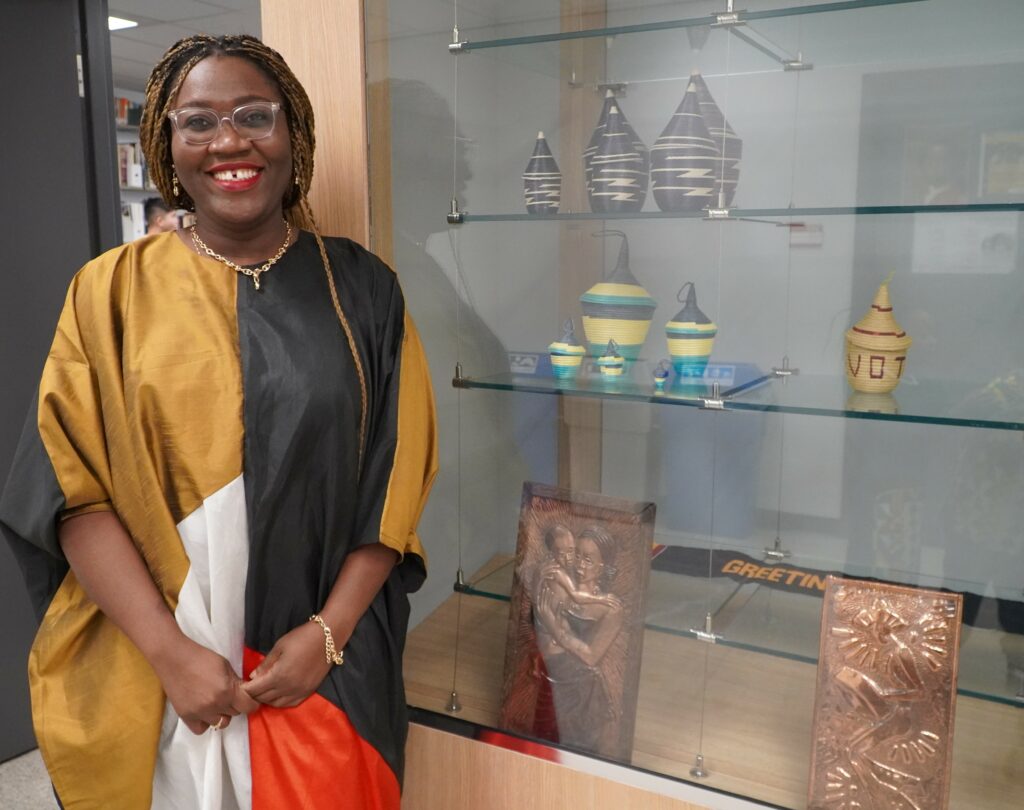
The recently opened resource centre at the HTI in York Lanes allows for a continuation of that safe space and research, individual and collaborative. Most of the books that line the walls of the centre, including several first-editions, as well as the artifacts on display, are donated. There are also archival documents, and audio and video tapes. It’s a growing collection that may soon spill out of its allotted space.
As part of its mandate, the HTI encourages the study of pre-contact cultures and the histories of Africa, slavery and colonialism, but also current struggles in the lives of African peoples and diasporic communities, including contemporary forms of exploitation.
“We are also building up our research clusters to encourage scholarly discussions and enrollments, not just in STEM [science, technology, engineering and math]. We like to put an ‘A’ in there for the ‘arts’, so it's STEAM,” says Olawoye. The HTI is also partnering with other organized research units at York, such as the Dahdaleh Institute for Global Health Research, the Robarts Centre for Canadian Studies, as well as the Department of Dance and external organizations.
The HTI has continued to evolve since its officially opening at York University in 2007 as the Harriet Tubman Institute for Research on the Global Migrations of African Peoples (changed to its current name in 2013) by Canada’s then Governor General Michaëlle Jean. It fittingly coincided with the 200th anniversary of the British abolition of the slave trade.
One of the things that I personally have realized is that a lot of these discussions shape how we think and even helps how we teach our classes.
Omosalewa Olawoye
Last year, the HTI Journal of African and African Diasporic Studies, an international, peer-reviewed and bilingual journal, published its first issue. It’s part of what Olawoye of York’s Department of Social Science in the Faculty of Liberal Arts and Professional Studies calls an expanding and broadening of the institute’s reach and influence.
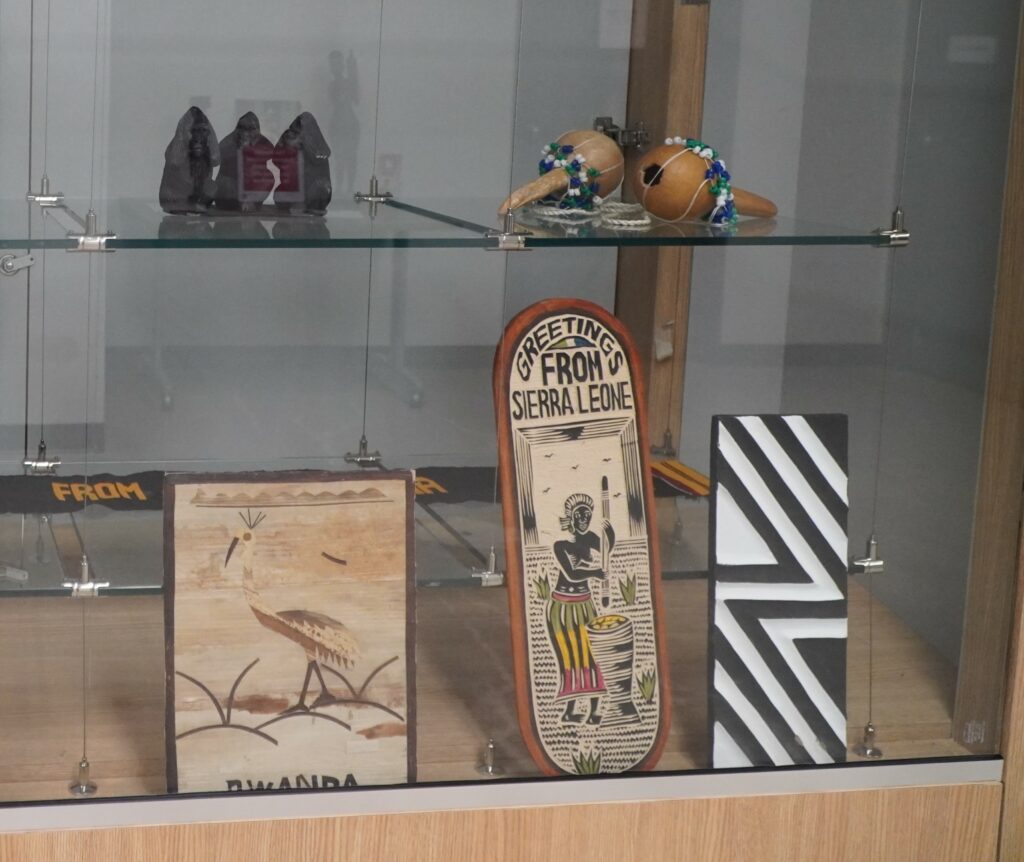
Oddly enough, it was the pandemic with its lockdowns that helped make that happen. Because of the lockdowns, the HTI started holding talks on Zoom which allowed dialogue and engagement from people around the world, including Africa and the Caribbean. The online model was so successful that the HTI decided to continue to hold their Thursday talks in a hybrid format going forward.
“We've had people from South Africa, from Cameroon and Ghana giving engaging talks on Africa and its diaspora,” says Olawoye. “People can come together, give feedback, and it strengthens the research that is produced at the end of the day.”
Those discussions can also influence education. At the HTI’s recent joint conference in Dakar, Senegal, there were conversations about decolonizing education.
“It was really interesting to see the differences and similarities, and perspectives from those in the diaspora and those within the African continent, people’s ideas on what they thought about decolonizing education and what it meant,” says Olawoye. “One of the things that I personally have realized is that a lot of these discussions shape how we think and even helps how we teach our classes.”
RESEARCH EXPLORES MONETARY POLICY AND BANKING IN SUB-SAHARAN AFRICA
Those discussions also influence her own research into sustainable economic development, monetary policy and banking in Sub-Saharan Africa, which she approaches by first learning about people’s cultural views on money. With her bachelor’s degree in English literature and a PhD in economics, she finds herself looking for clues to monetary policy even in her favourite novels like Things Fall Apart by Chinua Achebe about pre-colonial life in what is now Nigeria.
“When I read books, I try to pick up monetary elements to understand the system of banking and money usage before the formal banking that we know today. It helps me with understanding how monetary policy works in these regions, whether it's in the way that mothers viewed money in communal societies or something else,” says Olawoye, editor of COVID-19 and the Response of Central Banks: Coping with Challenges in Sub-Saharan Africa.
In a way, it’s unsurprising as novels are studies in human nature and she is most interested in how the average person living in Sub-Saharan Africa views money – usually as an IOU, a placeholder for an acknowledged debt. A lot of these cultural variances on money are often ignored in mainstream European banking systems and monetary policies.
“Money is different for different people and different communities, but one of the things that I have learned from my research is there are cultural views of money. Money can represent freedom to some. What I'm trying to trace is how these views would be influenced by the central bank setting policies. It's those different understandings that could affect the kind of monetary policies brought in. There is no one-size-fits-all monetary policy,” she says.
“What I try to do is highlight the African story in a bottoms-up approach in understanding money, especially the endogeneity of money.”


